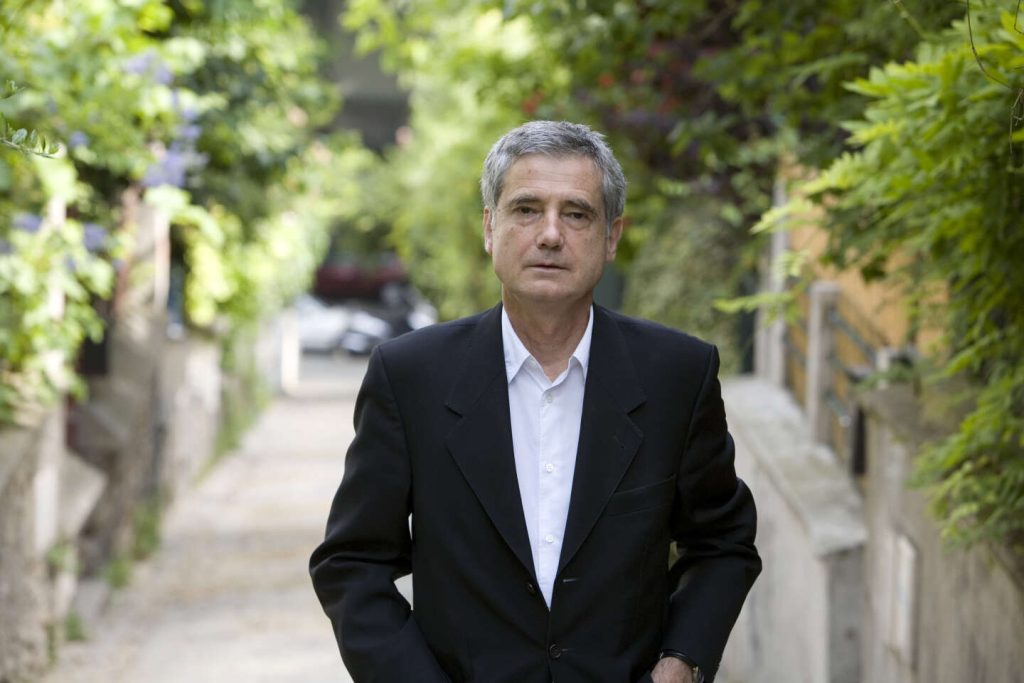Denis Pingaud, a political scientist and specialist in influence and opinion, proposes a way out of the current political crisis caused by the dissolution of the National Assembly in his book, “Sortir de l’impasse. Le temps de la social-écologie.” This new political imagination aims to go beyond traditional social democracy by focusing on the idea of strong growth to redistribute its benefits and reduce inequalities. Pingaud argues that this model has become obsolete in the face of stagnant growth and the challenges of ecological transition. The social-ecology approach seeks to create conditions for a “happy” transition to preserve a model of society that ensures both the limitation of global warming and social justice.
With an analysis of the current political situation, Pingaud points out the “pyromaniacs” who have made the unsettling rise of the National Rally possible, and argues that social-ecology is the way out of the impasse. Despite the success of the New Popular Front (NFP) in the legislative elections, it is now relegated to opposition due to the presidential ambitions of Jean-Luc Mélenchon, who refused to acknowledge his relatively limited victory. Pingaud criticizes Mélenchon for closing the doors to compromise by insisting on the full implementation of the NFP program, instead of seeking a historic compromise with other parliamentary forces.
Denis Pingaud, who has a deep understanding of the left-wing political landscape, suggests a revival around a project that is resolute in its objectives, credible in its means, and attractive in its methods. He argues for a combination of rupture and reason, emphasizing the urgency of an ecological catastrophe and the need for governance based on persuasion and collaboration. Pingaud proposes solutions such as a nuclear compromise to meet energy needs while transitioning to renewable sources, a climate-related tax system, and the promotion of citizen democracy at all levels of society.
Amidst the crisis in left-wing politics, Pingaud urges for a collective effort to prevent Marine Le Pen from coming to power and to give a new perspective to the left. He emphasizes the importance of openness and compromise, criticizing Mélenchon for his refusal to engage in dialogue with other political forces. Pingaud’s proposals for a social-ecological approach aim to address the challenges of climate change while ensuring social justice and democratic practices. By combining ecological awareness with social concerns, Pingaud believes that a new political imagination can lead to a more sustainable and equitable society.


